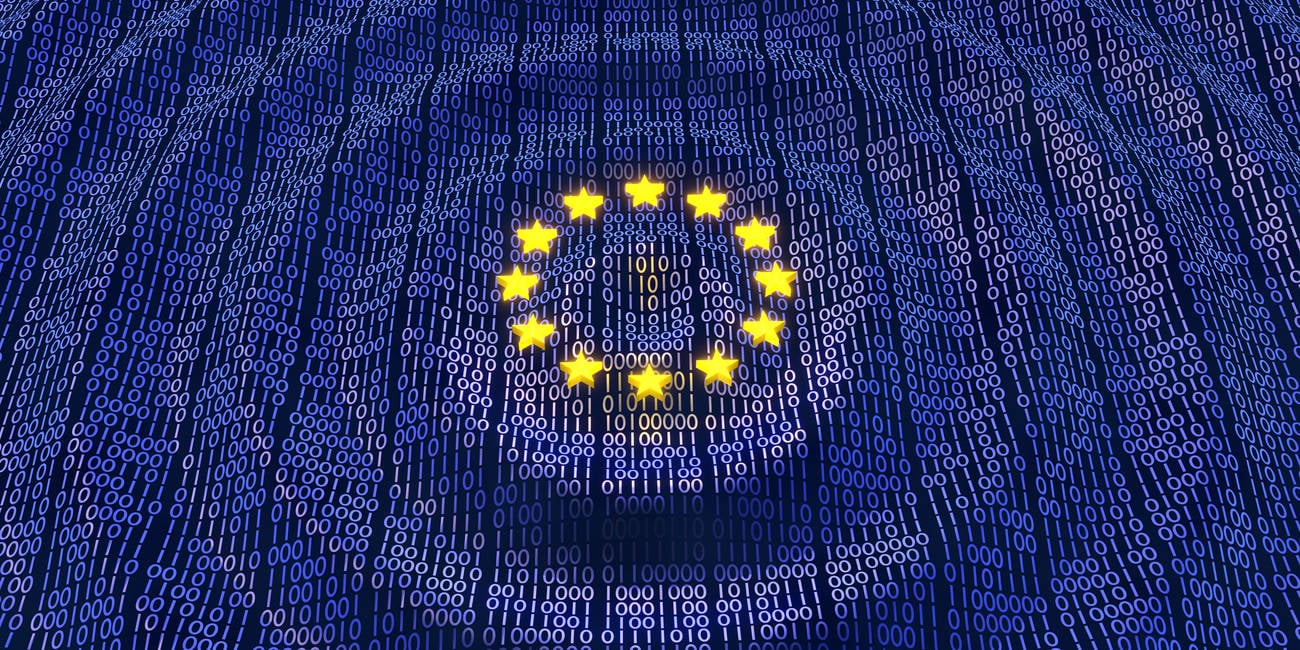EU Readies 'antitrust Charges' Against Apple Pay For Locking Rivals Out Of IPhone NFC Chip

Apple's decision to only allow Apple Pay to access the NFC chip in iPhones could result in the Silicon Valley giant paying hefty anti-monopoly fines in Europe.
The EU is set to file anti-competitive charges against Cupertino regarding its tap-to-pay system, Reuters reported, citing sources. Euro antitrust watchdogs are apparently not happy that the NFC chips in iPhones and iPads are restricted to the iGiant's Pay software, unfairly locking out alternative wireless payment apps.
The charges will be the result of a European Commission investigation that started last year into Apple's terms and conditions with merchants, the limited access to the NFC hardware, and more.
"It is important that Apple's measures do not deny consumers the benefits of new payment technologies, including better choice, quality, innovation and competitive prices," said Competition Commissioner Margrethe Vestager in 2020. "I have therefore decided to take a close look at Apple's practices regarding Apple Pay and their impact on competition."
That probe zeroed in on the built-in NFC electronics, which are tightly integrated with Apple Pay and not open to rival payment systems. The European Commission argued that the super-corporation's design choices "may distort competition and reduce choice and innovation."
Now, the EU's competition enforcer is reportedly drawing up a charge sheet outlining the alleged anti-competitive behavior, which could be sent to Apple next year.
- One-size-fits-all chargers? What a great idea! Of course Apple would hate it
- Sort-of Epic win as judge kills Apple ban on apps linking to outside payment systems
- They've only gone and done it – South Korea forces Apple, Google to allow alternative app store payment systems
- Apple's iPhone computer vision has the potential to preserve privacy but also break it completely
Apple's in-house payment systems are, or have been, in the cross-hairs of various nations, from Europe to America to Australia.
South Korea in August passed legislation forcing Google and Apple to allow the use of third-party payment systems for app and in-app purchases, which Google decided not to fight.
Apple also settled an antitrust case over the monopolistic nature of its payment system in which it agreed to make some concessions in the United States. Similarly, as a result of Epic's legal action against Apple, the iGiant said will allow apps to direct their users to alternative payment platforms.
Apple did not immediately respond to requests for comment. EU spokesperson Arianna Podesta told us: "We have no comment – this investigation is ongoing." ®
From Chip War To Cloud War: The Next Frontier In Global Tech Competition
The global chip war, characterized by intense competition among nations and corporations for supremacy in semiconductor ... Read more
The High Stakes Of Tech Regulation: Security Risks And Market Dynamics
The influence of tech giants in the global economy continues to grow, raising crucial questions about how to balance sec... Read more
The Tyranny Of Instagram Interiors: Why It's Time To Break Free From Algorithm-Driven Aesthetics
Instagram has become a dominant force in shaping interior design trends, offering a seemingly endless stream of inspirat... Read more
The Data Crunch In AI: Strategies For Sustainability
Exploring solutions to the imminent exhaustion of internet data for AI training.As the artificial intelligence (AI) indu... Read more
Google Abandons Four-Year Effort To Remove Cookies From Chrome Browser
After four years of dedicated effort, Google has decided to abandon its plan to remove third-party cookies from its Chro... Read more
LinkedIn Embraces AI And Gamification To Drive User Engagement And Revenue
In an effort to tackle slowing revenue growth and enhance user engagement, LinkedIn is turning to artificial intelligenc... Read more

